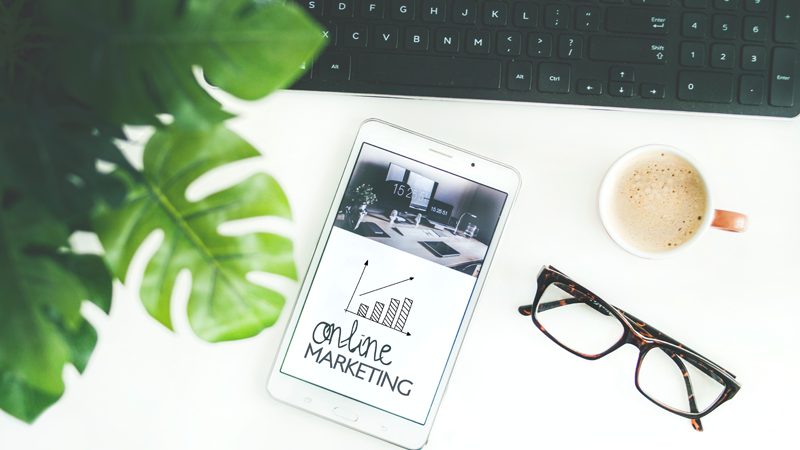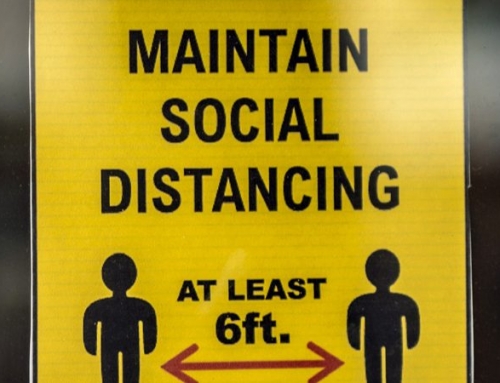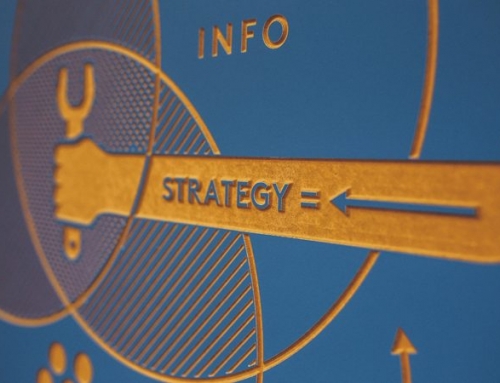There are very few positive things that have come from Covid 19 but amongst all the negativity, there have been a number of lessons.
Reduced footfall does not always mean reduced business
One of the more positive aspects of the culture that has begun to develop during lockdown is the rise in things like home deliveries and virtual events. Though we are all confined to our houses or at least severely restricted in terms of what we can and cannot do, businesses have found ingenious ways to adapt to the challenges presented by Covid 19. Though many customer facing businesses have unfortunately closed down, those who have managed to adjust the way they operate have managed to survive and, in some cases, capitalise on new trends in spending habits. In the current climate, people are streaming more, ordering more takeout food, treating themselves to home comforts more often than they ordinarily would and generally redirecting their disposable income in different ways.
Your Online Presence is now more important than ever
Even for traditional, “offline” businesses such as removal companies, cleaners and mobile food vendors, the importance of a professional online presence is now more critical than ever. As streaming services and casual browsing continue to rise in popularity, traditional TV and radio advertising is becoming less effective and though word of mouth is still important, the internet is where people turn when they are looking for products and services of every kind. If you are still relatively new to online marketing, our advice is to enlist the help of a professional digital marketing agency. It is possible to learn to things like seo and targeted advertising, but it can also be time consuming. Especially when you have a business to run.
The key to cultivating an online presence that encourages positive engagement, is to try to and view your website, social media pages and online stores through the eyes of a customer, not a retailer or service provider. Be brutally honest with yourself about how you feel when you see your logo or read any company slogans you might have. If there is even a shred of doubt, it is time to reassess the way you are presenting yourself.
Customer mindsets are changing
The 1980s created a rise in a decadent culture, characterised by excess and showing off what you have. Since then, things have changed dramatically. Covid 19 has made us realise that there really is no such thing as an “unskilled” worker and that everybody matters equally. With this in mind, aspirational campaigns or advertising material that seeks to divide people is no longer appropriate. Though business is competitive by its very nature, people are now responding less positively to content that seems boastful, crass, or unnecessarily urgent. Similarly, content that makes people feel inadequate or that they are missing out somehow is less likely to trigger a purchase and will more often than not deter potential clients or customers.
When our lives are changed as significantly as they have been by recent events, priorities begin to change. Home comforts have suddenly become far more important to many people as things like socialising in person or travelling for pleasure are no longer available options. Quality over quantity is also a mantra many consumers are adopting. After witnessing selfish stockpiling and panic buying across the world, people seem to be waking up to the idea that you only need to buy what you really need. The upshot of this is that things like supersizing, xxl deals and similar rhetoric may no longer be as effective as it was a decade ago.
Consumers have less to spend
Unfortunately, due to the severe economic impacts of the Covid crisis, people generally have less disposable income and are borrowing more in order to get by. This means competition between retailers and service providers has intensified significantly. Consumers demand quality and reliability when they are parting with their money, and anything less will inevitably damage your reputation. No business should be knowingly promoting a substandard product in the first place, but since people generally have less to spend, poor quality service or items will be a fast track to a series of negative reviews.
Social Media Habits are changing.
Social media has become quite toxic in recent months, especially since the tragic events surrounding the murder of George Floyd and the subsequent BLM demonstrations. Users are growing tired of the constant conflict and negativity that is present on platforms like Facebook and Twitter, so much so that many of them are deciding to close their accounts or move to other platforms. People feel more inclined to voice their opinions without considering how this may affect the way others are feeling in times of stress and instability, unfortunately, the way we communicate online does not always lead to reasoned debate. Deliberate trolling and in more severe cases, abuse, is unfortunately becoming commonplace. From a marketing perspective, this is profoundly negative as it means that your potential reach will be far less than it was a few years ago.
Changing habits also reflect on data capture as people are becoming less comfortable with sharing personal information on social media for fear getting in to a pointless argument. Though it is unlikely we will see the end of traditional platforms such as Facebook and Twitter any time soon, they may not be quite as effective as a marketing tool in a post Covid world.
There are more people online than ever before
For those of us who work in digital marketing, this is one of very plus points. As people have been forced to stay at home, they are using the internet more often and consequently, seeing more advertising, reading more blogs, and generally consuming more content. This shift towards digital interactions may not last forever, but it does seem to be the way things will be for some time. As people from all generations continue to increase their online activity, it is up to marketing professionals to engage them in the most effective and meaningful way possible.






